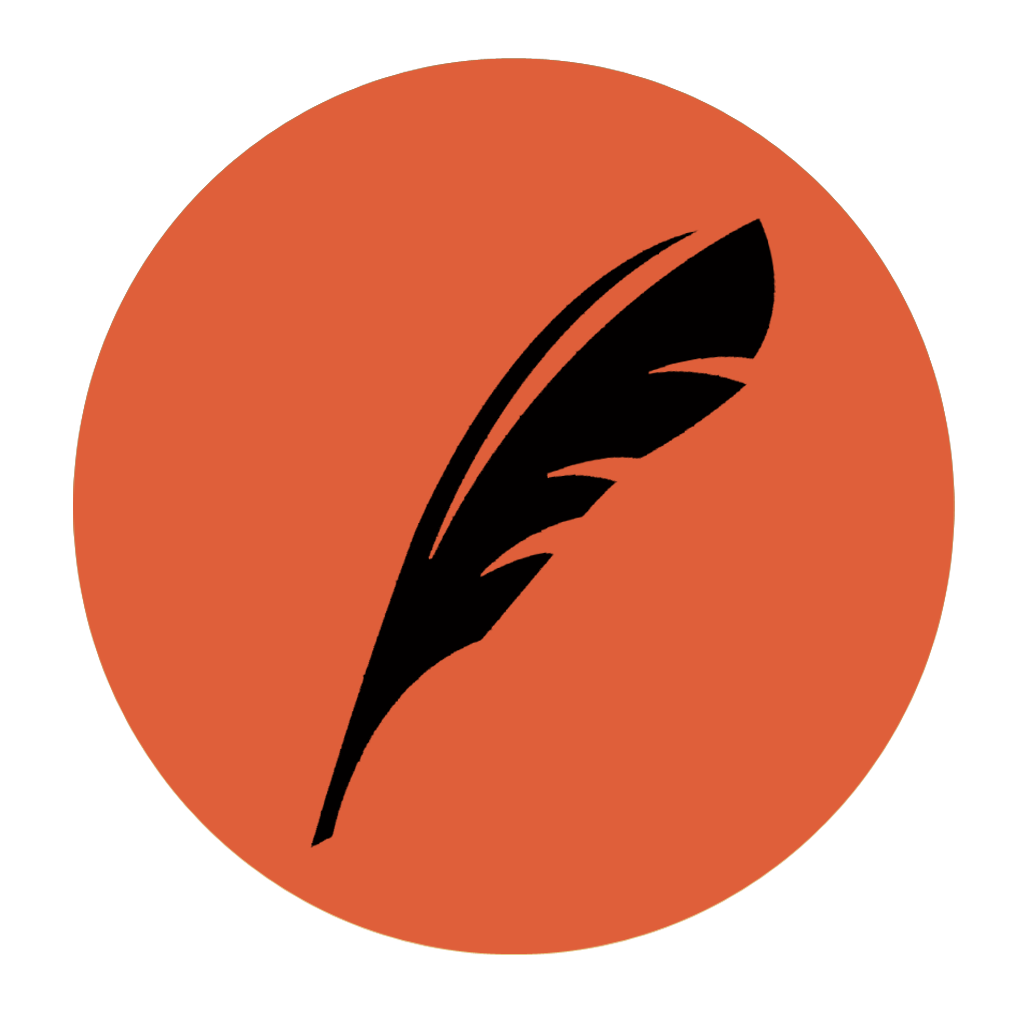The Four Arts of Music
Here, you can explore a creativity-based approach to music education that is fundamentally different from the typical performance-based one. This approach is based on the understanding that music can be like a native language and offer a similarly broad spectrum of expressive possibilities.
Someone with a command of language can talk, tell stories, read, and write. Likewise, a Four Arts musician can improvise freely (talk with tones), arrange familiar musical themes in a personal way, read and interpret scores, and compose musical essays.
Modern music education is usually focused on reading and the art of interpretation, often to the point of excluding the other three arts. The Four Arts model suggests a return to the full spectrum of musical arts, to personal creativity, and to the deepest kinds of musical satisfaction.
Click below to explore a subject.
Supporting Subjects
Theory is recognizing and naming musical patterns. This subject is often taught in a way that constricts creativity, but it can be taught in a way that expands creativity.
History is the collection of stories that reveal how we came to be where we are today. How does music history look when seen through the lens of the Four Arts understanding? Quite different!
Pedagogy is the exploration of how we teach and learn. A creativity-based education requires a radically different pedagogy than a performance-based education. In addition, each of the four musical arts requires a distinctly different approach to learning and teaching.
Flowology is Forrest’s term for piano technique, the exploration of the physical aspects of piano playing.
Freeology is to the mind what Flowology is to the body. This subject explores how we think about creativity and our creative abilities so that we can be free to express our own particular kind of genius.
Therapy explores some therapeutic applications of the Four Arts model.





